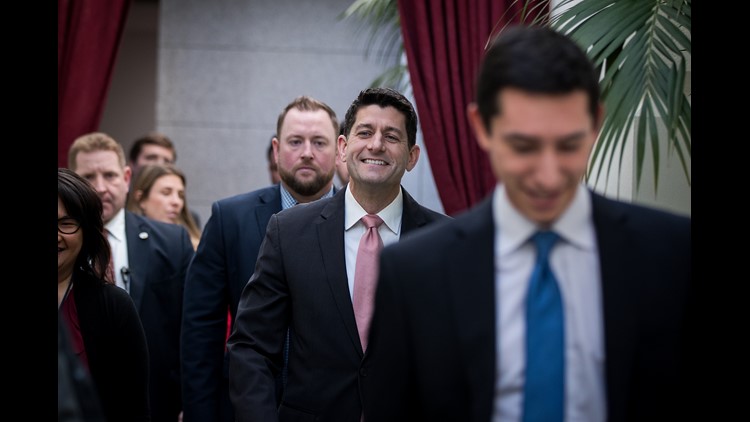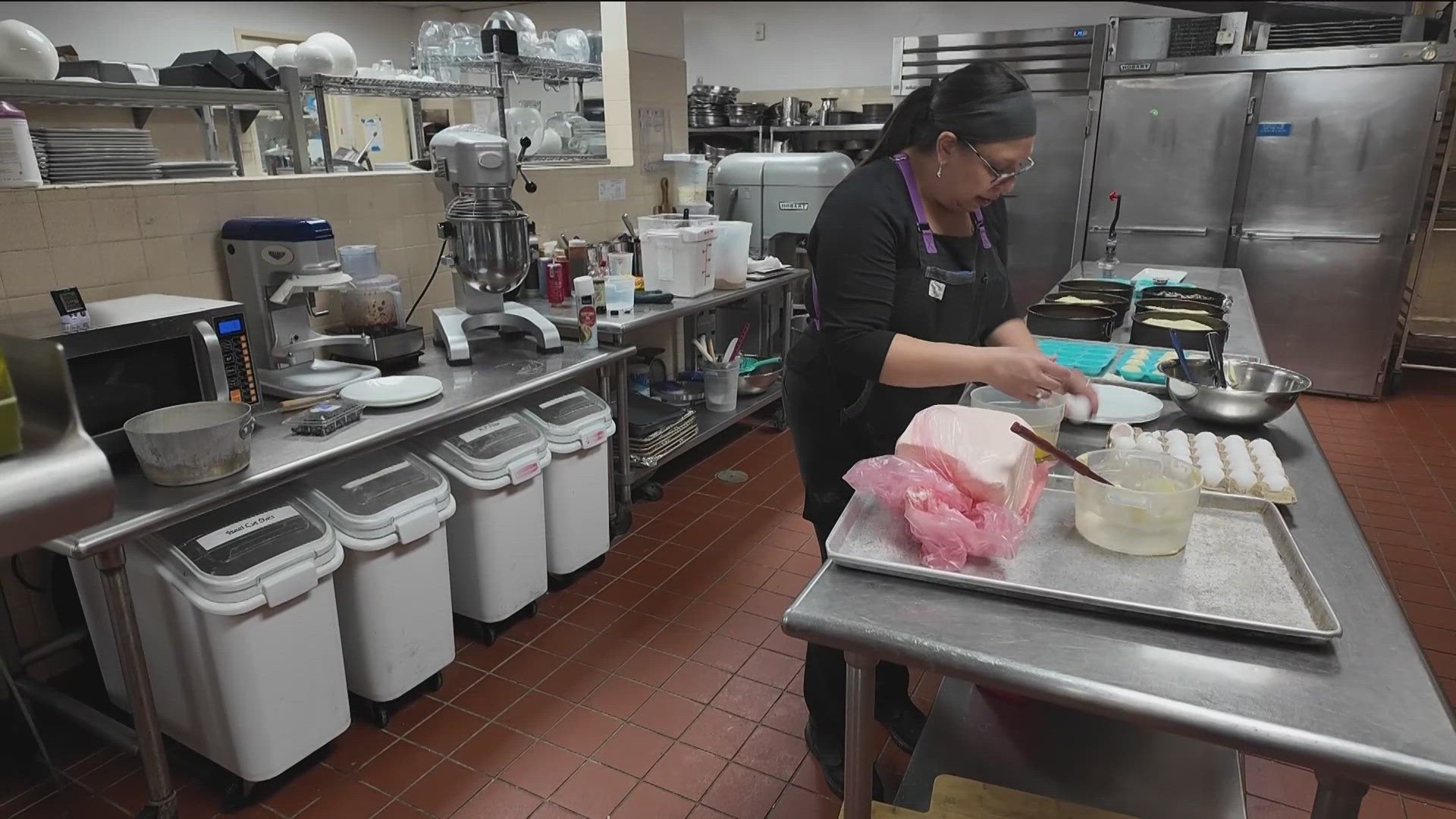Republicans and Democrats are in a stalemate as the government shutdown stretches into its third day.
The government shut down at 12:01 a.m. on Saturday, after senators blocked a bill that would have kept the federal government running for another few weeks and extended a children's health insurance program.
The legislation came up with a vote of 50-49 – about 10 votes short of passing. Democrats largely opposed the bill because it did not include legal protections for DREAMers, the undocumented immigrants who came to the U.S. as children and were covered under an Obama-era order.
With another Senate vote scheduled at 12:00 p.m. EST on Monday, here are seven key players to watch:
Chuck Schumer

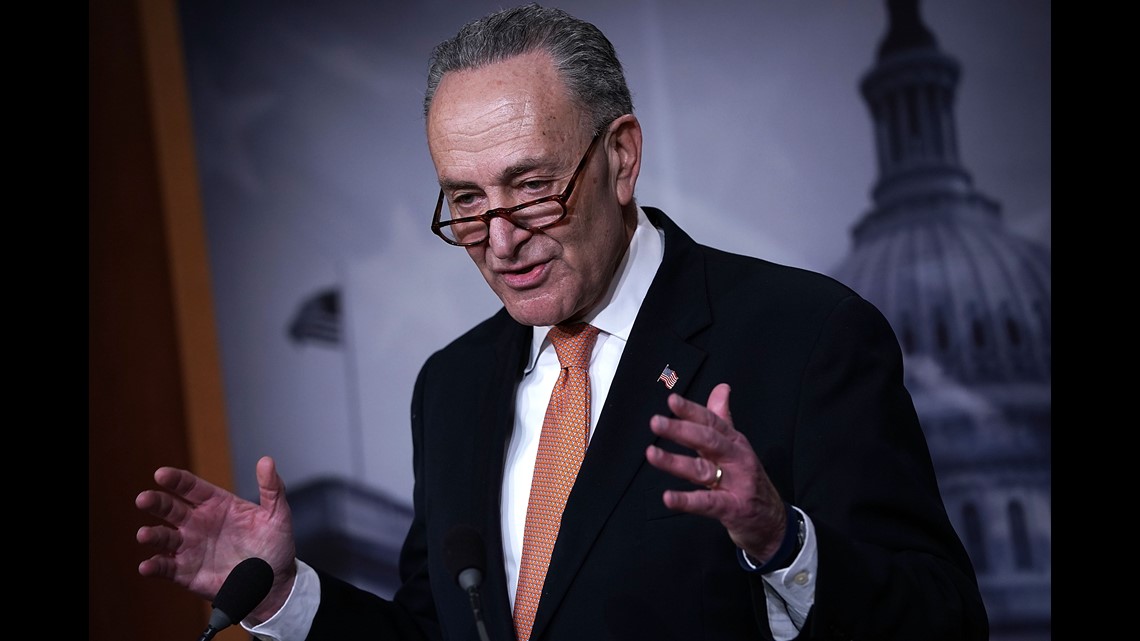
Republicans have branded the impasse as the "Schumer shutdown," and it's true that the Senate minority leader's filibuster threat is the most direct obstacle to passing a spending bill.
Schumer is also the chief Democratic negotiator, and had one-on-one talks with Trump in the Oval Office on Friday. The New York Democrat said on the Senate floor Sunday that he proposed authorizing funding for President Trump's wall along the border with Mexico, in exchange for protections for DREAMers, but the offer was rejected. "He backed away from the last best chance to avoid a shutdown. That's why from one corner of America, this is being called the Trump shutdown," Schumer, D-N.Y., said Sunday. "It's a direct result of a president who has been proved unwilling to compromise and is thus unable to govern."
Mitch McConnell

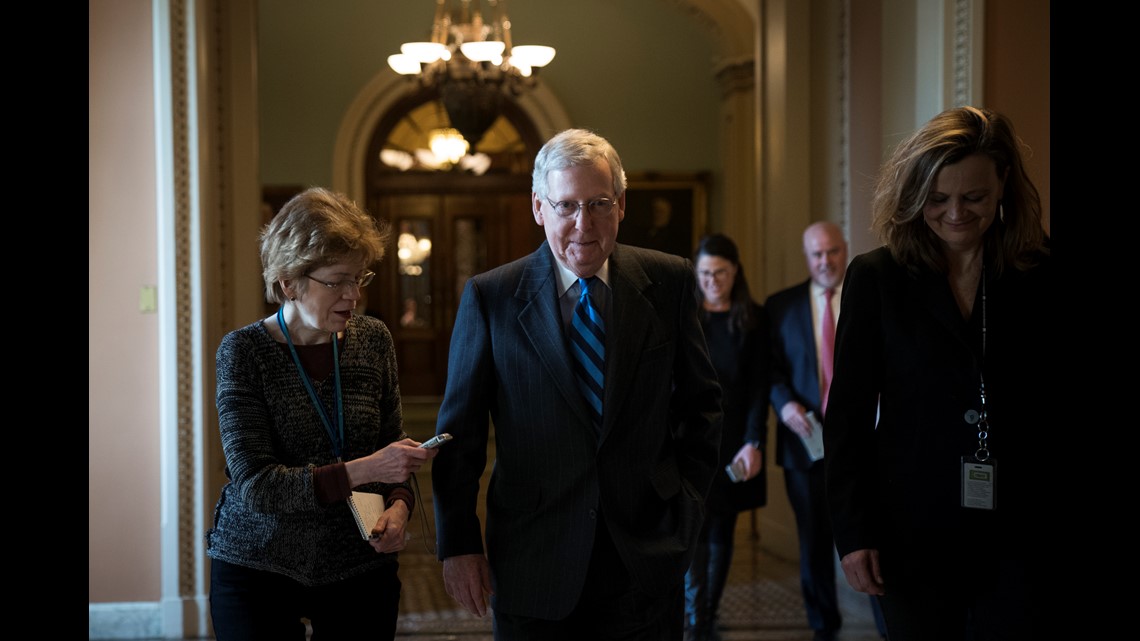
As the Senate majority leader, McConnell controls the Senate schedule. And if Republicans seek to follow Trump's advice to use the "nuclear option" to bypass a Democratic filibuster, it's McConnell who holds the nuclear launch codes.
Most legislation in the Senate requires 60 votes to pass, and Republicans have a narrow 51-49 majority. Trump on Sunday urged senators to change the chamber's rules to a simple majority – and work instead on a long term spending bill. But at the moment, McConnell is insisting that it's the Democrats' move. "Senate Democrats only need to withdraw their filibuster and allow a bipartisan majority to move America forward," he said Sunday.
Richard Durbin

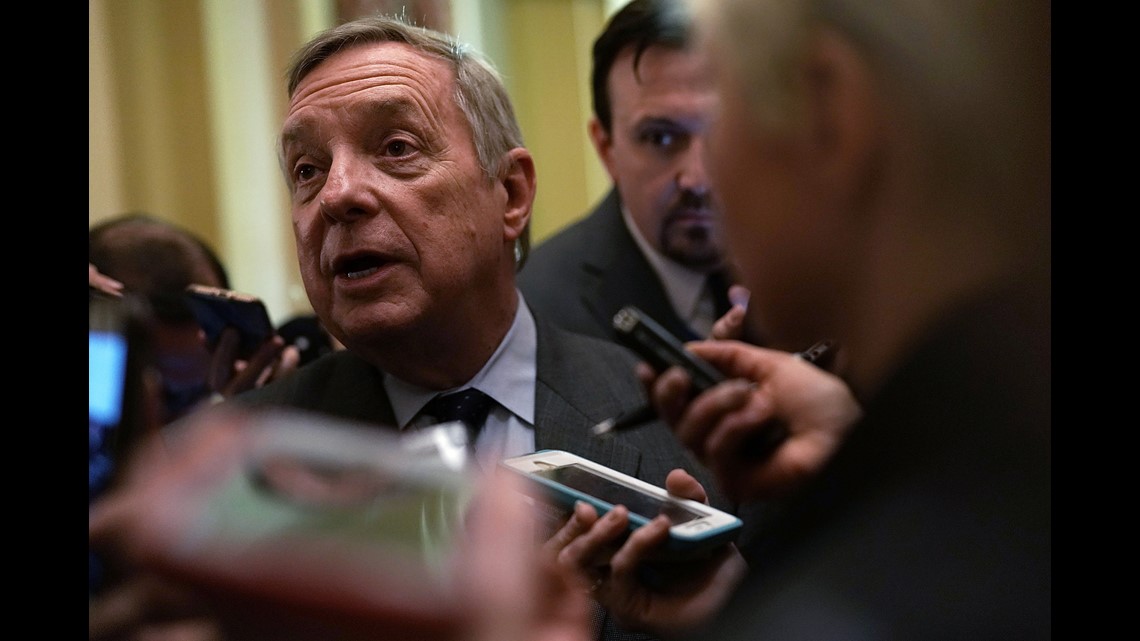
More than any other lawmaker, it's been Durbin who has shaped the immigration debate over the past two weeks. He sat to Trump's right during a televised negotiation at the White House on Jan. 9, when it appeared — if only for a fleeting moment — that he and Trump could reach a deal.
The No. 2 Senate Democrat was also the one who quoted Trump as using the term "shithole countries" to refer to Africa during a separate Oval Office meeting, a comment that seemed to set back negotiations over an immigration bill.
Paul Ryan

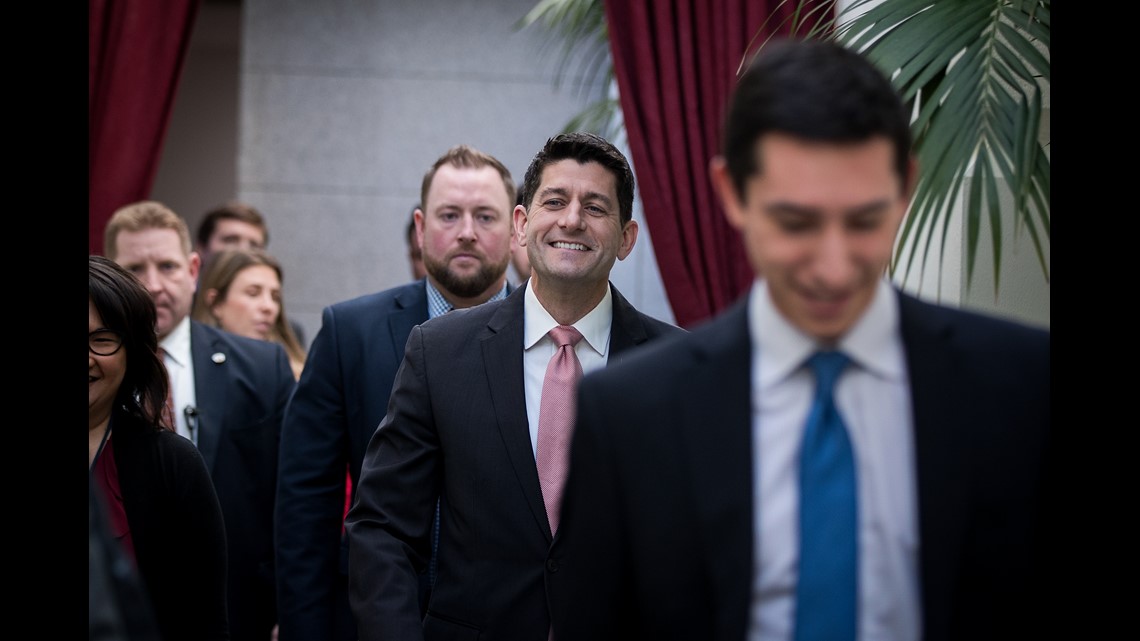
The House has already passed a "clean" continuing resolution on Thursday, mostly along party lines, to keep the government open through Feb. 16.
But if there is a Senate compromise that includes immigration provisions, the House speaker will have to sell it to a Republican caucus that has drawn a hard-line on the immigration issue. They've insisted that any resolution on the status of the DREAMers also come with finding for a border wall and an end to the visa lottery and family-based "chain" migration.
President Trump

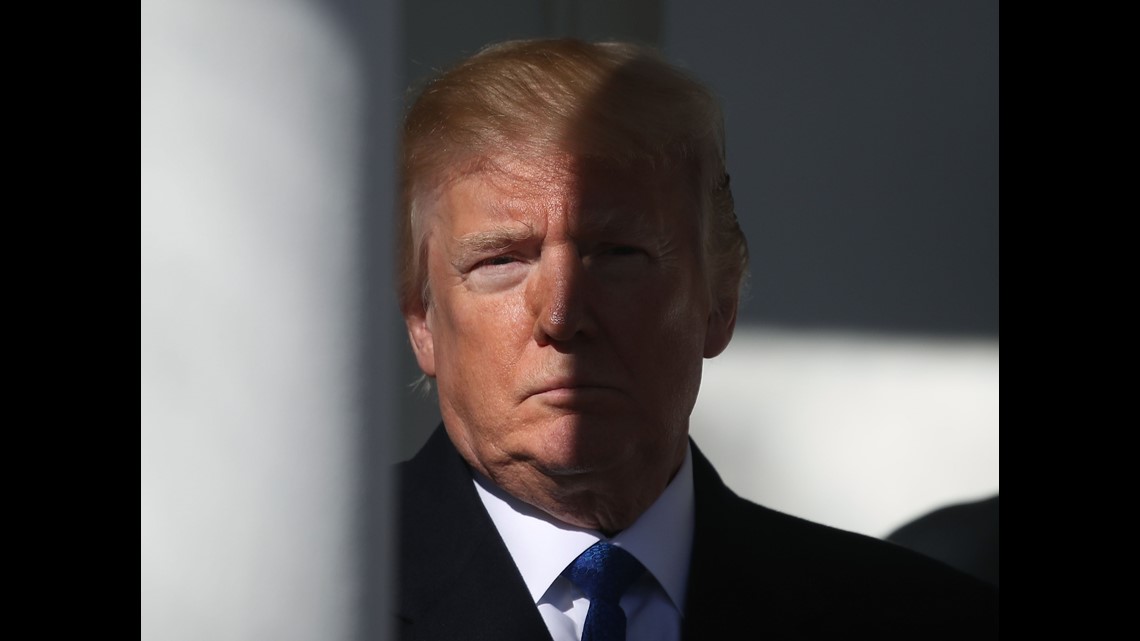
In September, Trump ended the Deferred Action for Childhood Arrivals program but gave Congress six months to find a solution. Trump himself has indicated he would be opening to signing a bill to protect DREAMers, but the White House has said it would not negotiate on immigration until the government re-opened.
Mick Mulvaney

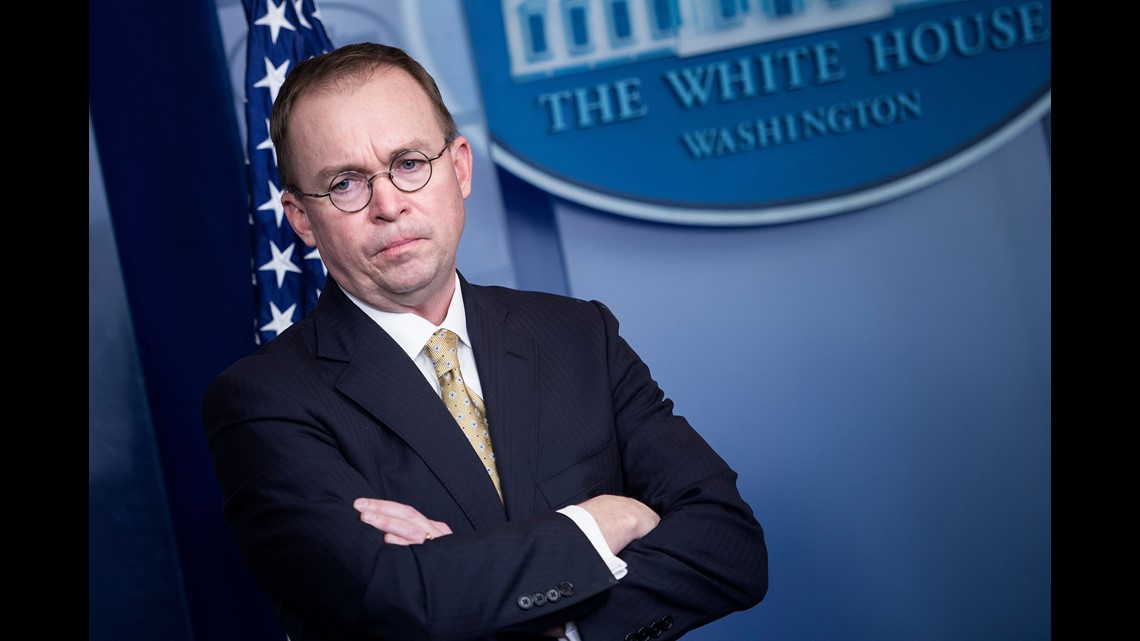
Trump's budget director has been the administration's public face of the shutdown. As the official responsible for legally enforcing the cessation of unfunded, non-essential activities, he's also promised that this shutdown will be milder than the 16-day shutdown in 2013.
The former South Carolina congressman is also a founding member of the House Freedom Caucus, which could give him influence over conservative lawmakers in selling any compromise that emerges.
Marc Short

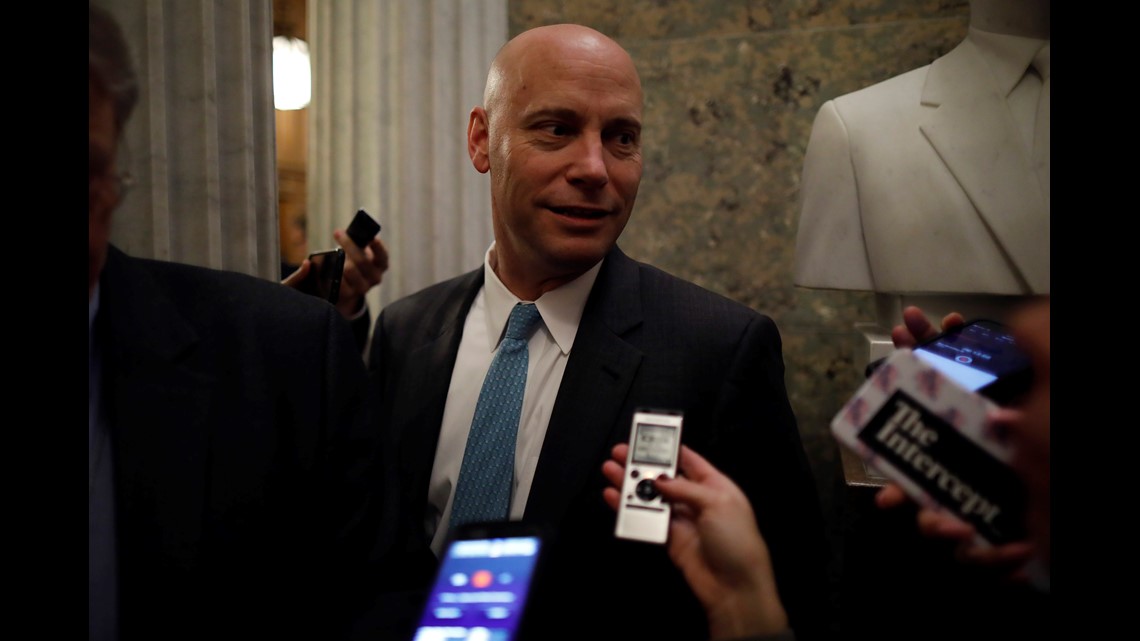
A veteran of Capitol Hill and conservative think tanks and industry groups, Short is the White House director of legislative affairs and the lead negotiator on immigration issues.
"I think we’ve actually been making progress on the negotiations. I think what’s poisoning the well is the decision to shut down the government and stop paying our troops," he told ABC News on Sunday.

